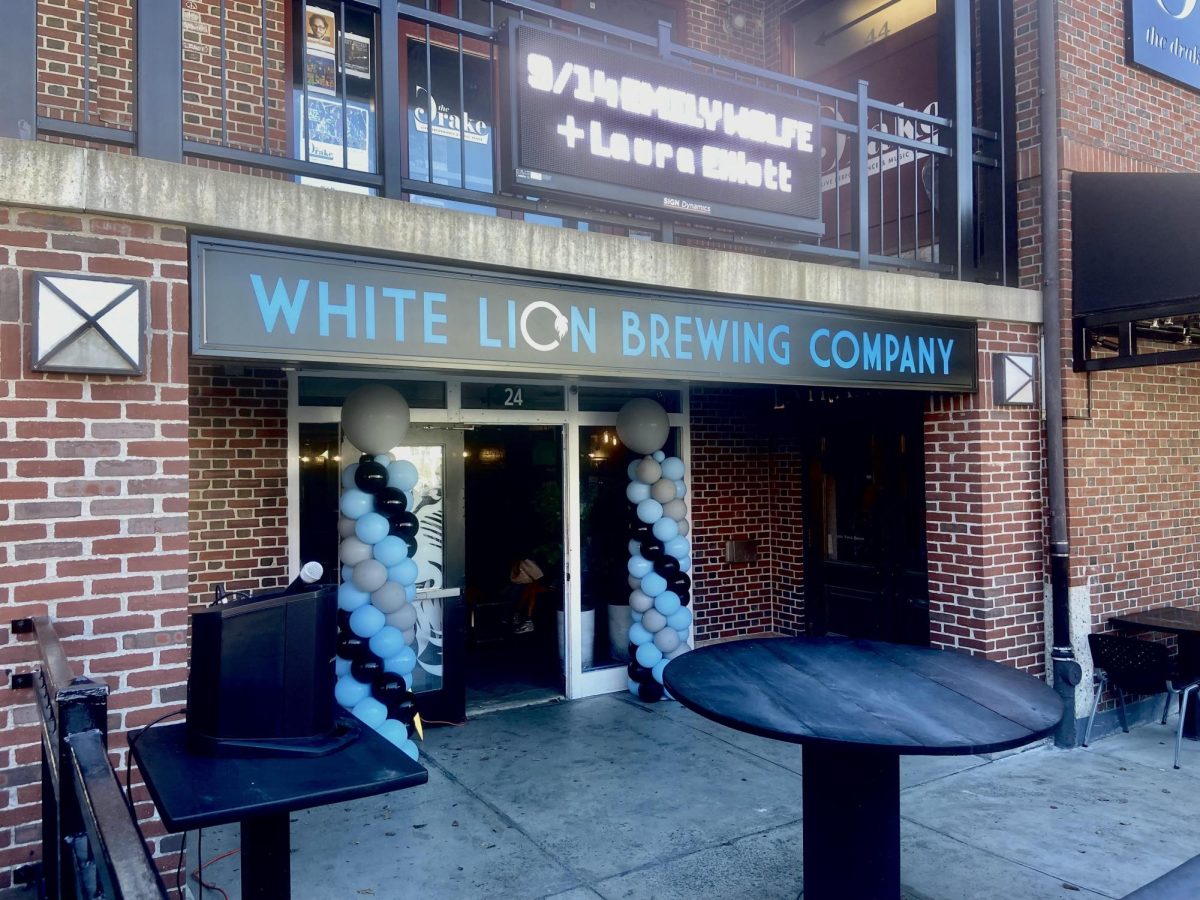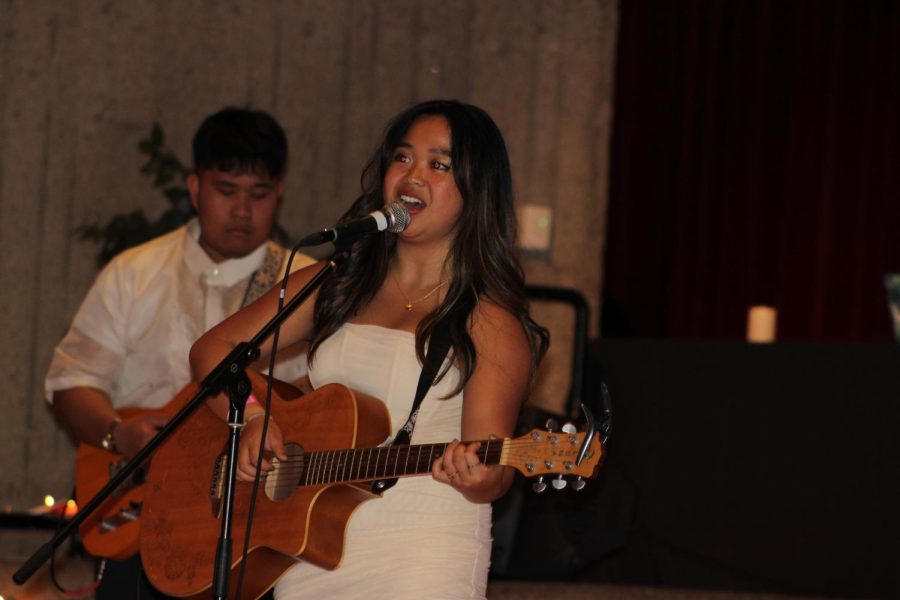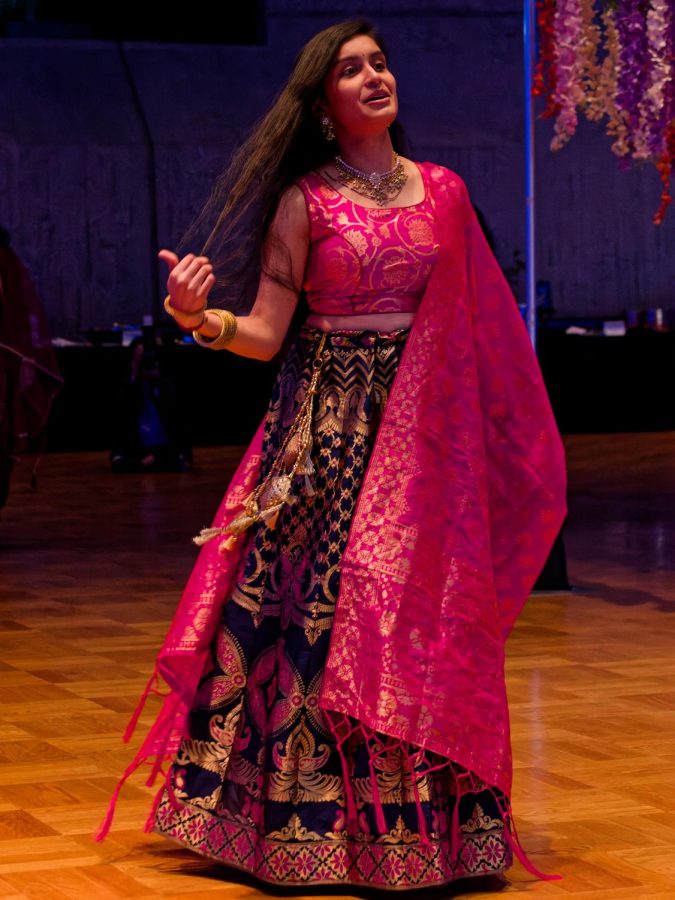
According to the Merriam-Webster Dictionary, “art” is defined as “something that is created with imagination and skill and that is beautiful or that expresses important ideas or feelings.”
University of Massachusetts professor Steven Tracy has used his imagination, as well as both his literary and musical skills, in collaboration with the U.S. Postal Service to analyze and express the ideas of an important African-American author, Ralph Waldo Ellison. The finished product is a 91-cent postage stamp to be released within the next few months.
Last year, Tracy was contacted by Jeff Sypeck, a photo assistant for the Postal Service. Sypeck asked Tracy if he would be interested in consulting on the making of a biography and postage stamp honoring Ralph Ellison due to his history as an African American Literature expert and author of “A Historical Guide to Ralph Ellison.” Artwork by Kadir Nelson and text were sent to him to edit for accuracy.
Ellison won the 1953 National Book Award for the only novel he would complete in his lifetime, “Invisible Man,” which was one of the first novels by an African-American author to examine racism in the U.S.
According to Tracy, the novel “was called, by many people, one of the most significant American novels in the post-World War II era, and so it had quite an impact. There are people who said that the day that it was released, America was changed forever.”
What is lesser known is Ellison’s attendance at the Tuskegee Institute, an African-American vocational school in Alabama, for his musical abilities on the trumpet, which would later help pave the way for him to explore visual and literary art in his lifetime.
Tracy, who teaches Afro-American Studies at the University, has written, edited and contributed to 30 books. Tracy said that because he grew up during the civil rights era and attended a Cincinnati high school with a large African American community, he “tried to become involved in opening up American society to those elements of the American community that are now considered inside the so-called ‘mainstream.’”
His father’s jobs at a black cemetery and a convenience store in a black community exposed Tracy to the African American music and culture of the time, which would later become his life’s work.
Like Ellison, Tracy faced much adversity while trying to gain notoriety within his respective field of African American studies. After Tracy earned his doctorate from the University of Cincinnati and published his first few books, which would normally be satisfactory qualifications for tenure, he still had a great deal of difficulty finding a job.
While Tracy considers his degree to be concentrated in American Literature, his two books with African American subjects also made him an expert in African American literature.
“When I went to interview for jobs in African American studies, there were places that said, ‘Well, we don’t wanna hire a white guy to teach in Afro-American Studies,’ so they said, ‘We would like to hire you, but that’s not our purpose in advertising the job,’” Tracy said.
After almost a decade of teaching high school and facing unemployment, former UMass English professor Joe Skerrett recommended Tracy to the Afro-American Studies department, which ultimately offered him the job that he has held for the past 19 years.
On March 8, Tracy will speak at a keynote roundtable discussion at the first ever Ellison Centennial Symposium, part of the conference of Multi-Ethnic Literatures of the United States, which will take place in Oklahoma City.
Tracy also shares Ellison’s passion for music, particularly jazz and blues.
Tracy, a vocalist and harmonica player, opened for many jazz and blues greats on the Cincinnati music scene, such as B.B. King, Muddy Waters, Sonny Terry and Brownie McGhee. Tracy has also recorded with his own band, Steve Tracy and the Kingsnakes, and the Cincinnati Symphony Orchestra. His expertise in the Cincinnati blues scene led him to write his second book, “Going to Cincinnati: A History of the Blues in the Queen City.”
In relation to Ellison’s work, Tracy said that “if you play music, in particular if you play the blues or jazz, and you get to know the kinds of things that musicians do when they play, when they improvise, when they come together with a certain theme that they play together, then you begin to realize how music goes into the creation of and the fashioning of the works that literary artists do. A big part of my career has been focused on talking about the ways in which African American music functions in African American literature, and also in American literature in general.”
Ariel Dickerman is a Collegian Correspondent and can be reached at [email protected].
















